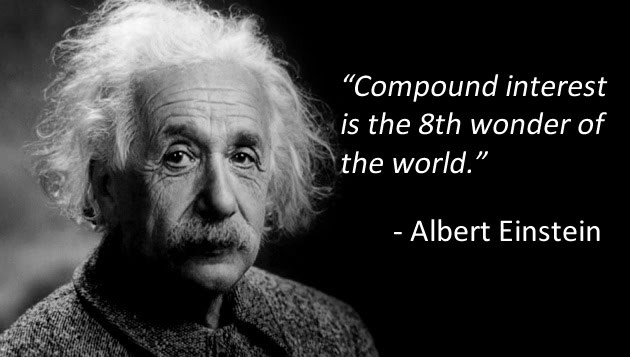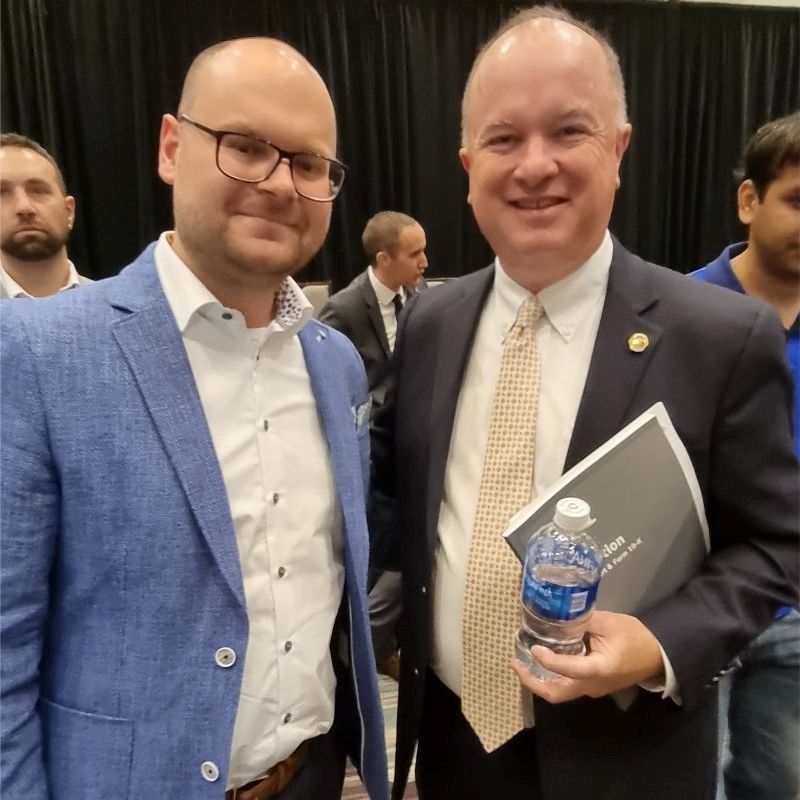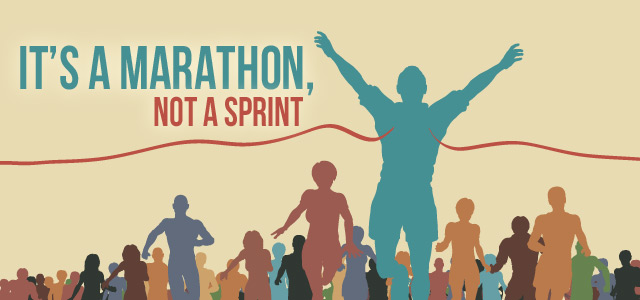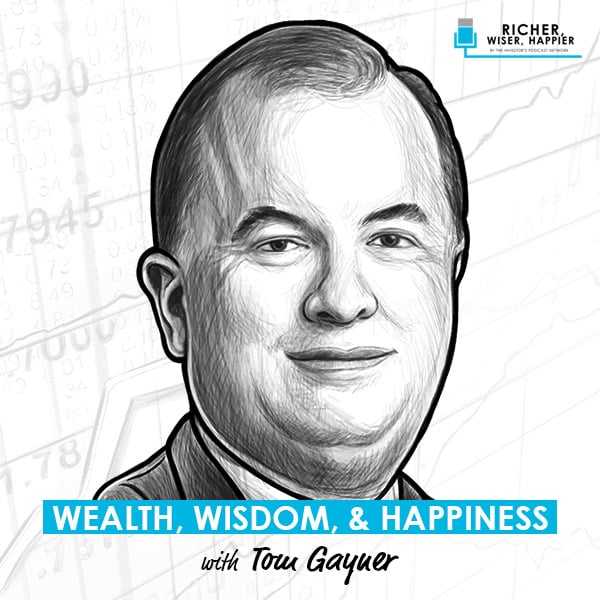Attached please find the monthly report, in which we share our views on conditions in the financial markets.
Investing Is a Marathon, Not a Sprint
The macroeconomic woes regarding interest rates and inflation, as well as the perils surrounding banks such as Silicon Valley Bank and Credit Suisse had the financial markets in their grip last month. During March, several positions surrendered some of their first-quarter returns. April, however, got off to another energetic start.
We have written extensively in our monthly reports, and often in our weekly newsletters, over the past few months about the perils that have gripped the stock markets and investors. By providing specific examples from our portfolios, we try to help you keep your focus on longer-term investment goals.
The lesson of the fable of the race between the tortoise and the hare, can also be applied to investing. Financial markets do not go up in a straight line, there are several obstacles along the way. As such, investing is more like a marathon, not a sprint.
Someone who has demonstrated this for decades is the CEO of family holding company Markel Corporation, Tom Gayner. Interviewer William Green’s “Richer, Wiser, Happier” podcast quizzed Gayner on a wide range of topics. The podcast’s fitting title is “How to succeed in business, investing and life.” The conversation yielded some interesting insights. We would like to share some of these timeless lessons with you.

The miracle of compound interest
Gayner explains that from a young age he was preoccupied with the principle that (tax-advantaged) saving for your old age is a wise choice. With a father as an accountant and entrepreneur, this was instilled at an early age. Thus, Gayner opened a so-called Individual Retirement Account (IRA) at the age of 14. The principle of an IRA is that you can contribute up to USD 2,000 tax-free every year, in order to build up a supplementary pension at a taxadvantage. The fourteen-year-old Gayner was “only” able to put in USD 750 because of his part-time job at the time, but he obediently put in the maximum USD 2,000 every year thereafter.The power of the eighth wonder of the world called compound interest then did the rest. By buying high-quality stocks from companies such as Home Depot and Cisco and then holding onto them for years to come, his IRA investment account now accounts for 10% of the 58-year-old Gayner’s total assets. Patience and a focus on the long term
Holding onto good companies for a long time was a lesson Gayner learned from his grandmother. After his grandfather died, his grandmother kept everything as it was: the suits still hung in the closet, the shoes were still under the bed and she continued to live in the same house.

This past year I met Tom Gayner at the Markel Brunch in Omaha
This extended to the investment portfolio as well; she did not sell a single stock and kept the portfolio her husband had carefully put together. In the remaining 25-30 years she lived, the effect of compound interest worked its magic.
The shares of Lockheed Martin and Pepsi performed so well that the rest of the 12-13 stocks in the portfolio could go bankrupt, according to Gayner, to be left with excellent returns. Meanwhile, his grandmother was living a comfortable existence off the growing dividends these companies were paying annually.
This is how Tom Gayner was able to experience the miracle of compound interest firsthand, through his grandparents’ investment portfolio. After the death of his grandmother, Gayner received USD 25,000 from the estate, which he used to purchase 1,000 shares of Markel stock in the 1990s. These shares are now among the large amount of Markel shares Gayner owns; he has never sold any of them.
Modesty adorns man
William Green cites Gayner’s modest way of life. Even after becoming a multimillionaire as CEO of Markel through the interest-on-interest effect and good long-term business performance, he has not changed his lifestyle. Gayner never stops watching the little things, and on vacation, for example, struggles to eat out more than once a day or buy the expensive food at an airport. He goes shopping at the Kroger supermarket in his Toyota Prius because he gets a discount there with his membership card.
Green mentions that many people in a similar do buy a luxury vacation home, sports car, yacht or private jet, and mentions that Gayner is the epitome of a CEO who has remained very ordinary, despite success. Gayner adds, with a wink, that he did change in some ways. When he orders Mexican food, he does now allow himself the guacamole dipping sauce.

Marathon, not a sprint
Following that modesty, Gayner frequently lets it be known that he has no innate talents or skills such as exceptional intellect to beat the fast money of Wall Street. The fast money on Wall Street plays a different game than Gayner; they participate in a different race. There is always someone smarter, better, faster, bigger or more talented. At the end of the day, you can distinguish yourself by your work ethic, your stamina, and by participating in the races that you do manage to win.
Gayner cites multiple Olympic champion Usain Bolt as an example. Bolt is the fastest man in the world, so if Gayner had to race Bolt, he would recommend people put all their money on Bolt in the 100-meter dash: “Out of 100 times that race would be run, Bolt would win 110 times from me.”
At 200 meters, that would still be the case, and even at a kilometer, Gayner would advise people to bet everything on Bolt. If it becomes a marathon, however, it’s already a different story. It is less known what Bolt’s endurance is in a marathon, and for that matter, one does not know what Gayner’s endurance is to participate in a marathon either. Even though Bolt is an absolute top athlete, the cards are already shuffled differently in a marathon than in a 100-meter sprint.

You can watch the entire interview on YouTube here.
Gayner: “If we were to make it a race from Key West in Florida to Seattle in Washington, I think I might actually have a chance. The advantage still belongs to Bolt, but it’s no longer about speed now. It’s a race of endurance. It’s a race about willpower and just the ability to somehow force yourself to keep putting one foot in front of the other no matter how you feel. No matter how you’re doing and no matter what your intermediate times are. So those are the kind of races where I at least have a chance.”
Since listing on December 31, 1986, Markel has achieved an exceptional performance with an average return of 15% per year in 37 years. Markel went public at that time for USD 8.33 per share, and is currently trading above USD 1,300 per share.
Gayner has been responsible for the investment portfolio since 1990, so he is directly co-responsible for a substantial part of that exceptional performance. So it is great to see that he has been able to apply the lessons of his youth to practice at Markel.
Michael Gielkens, MBA
Partner